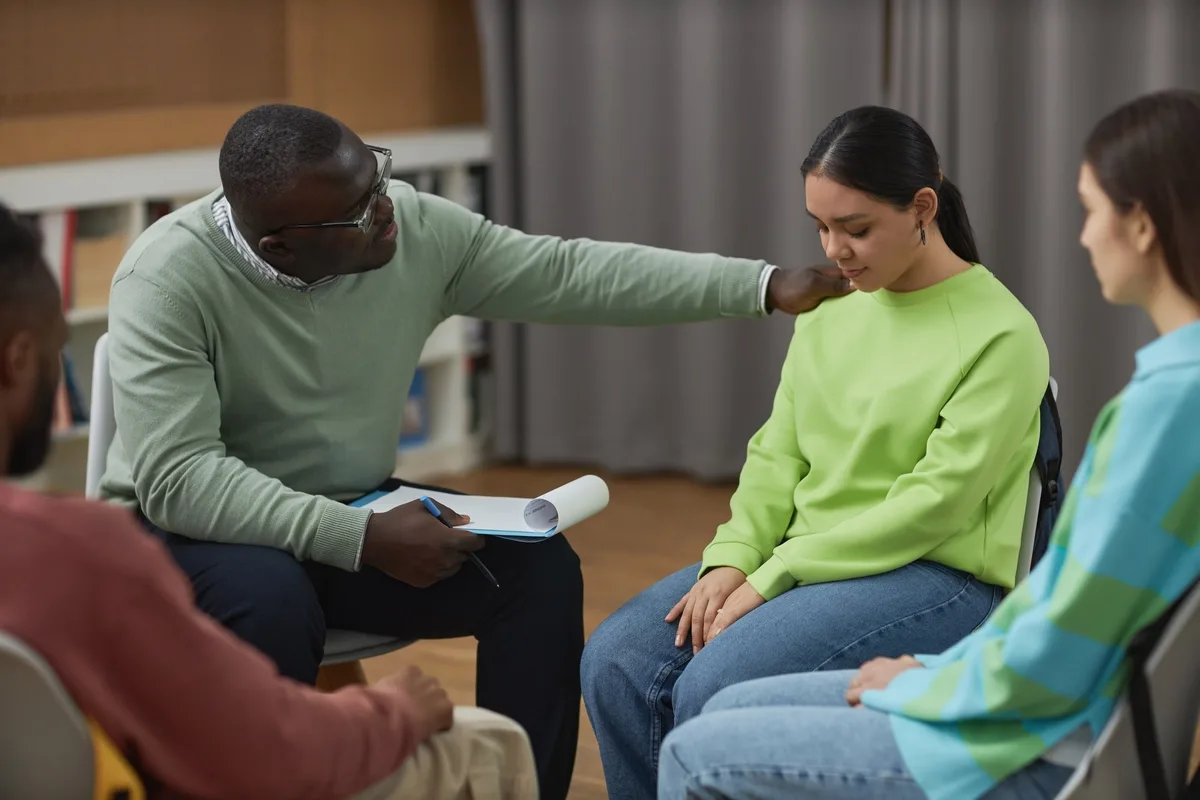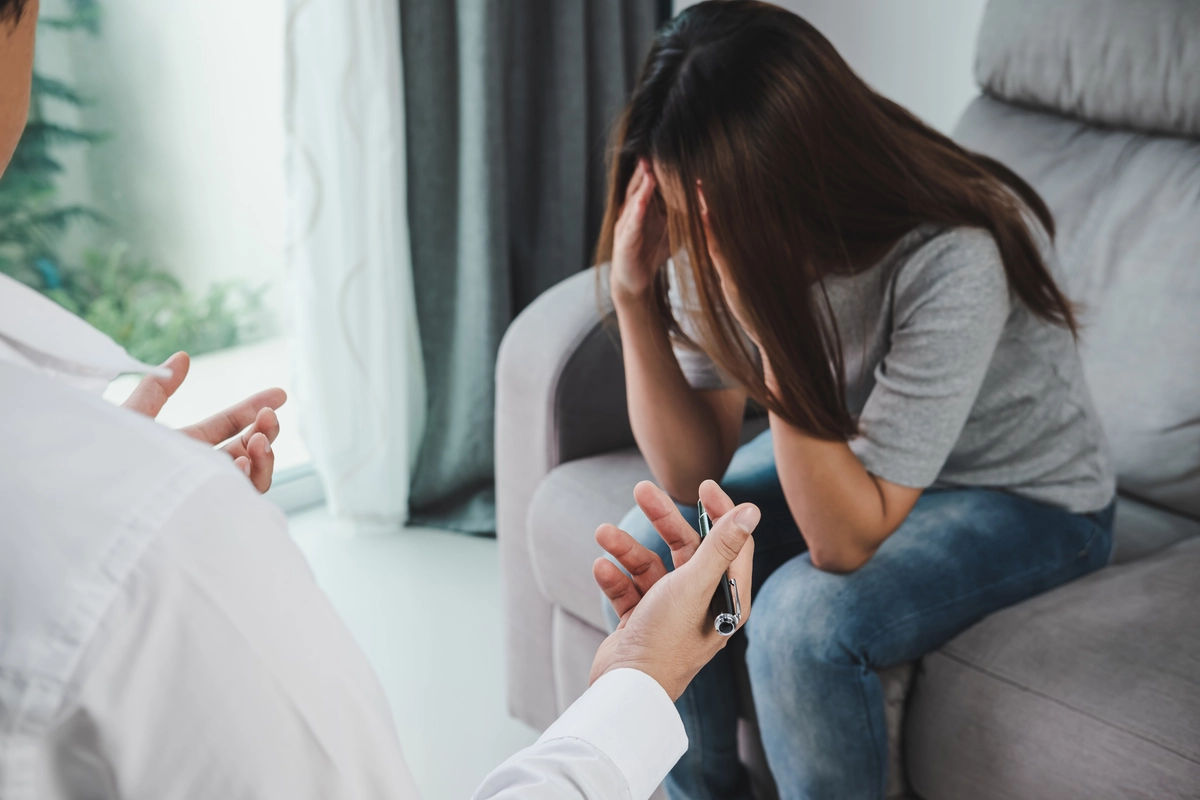24/7 Helpline:
(866) 899-221924/7 Helpline:
(866) 899-2219
Learn more about Depression Treatment centers in Lake Waccamaw
Depression Treatment in Other Cities

Other Insurance Options

BlueShield

Amerigroup

Private insurance

Health Partners

Optum

UnitedHealth Group

Sliding scale payment assistance

UMR

Aetna

Access to Recovery (ATR) Voucher

PHCS Network

Carleon

Coventry Health Care

Meritain

Medical Mutual of Ohio

Sutter

EmblemHealth

WellPoint

Kaiser Permanente

WellCare Health Plans


Allied Behavioral Management
Allied Behavioral Management is a private rehab located in Whiteville, NC. Allied Behavioral Managem...

Advantage Behavioral Healthcare
Advantage Behavioral Healthcare - Davis Avenue offers outpatient treatment for individuals with alco...

Robeson Healthcare Corporation
Robeson Healthcare Corporation - Hill Plaza is a non-profit rehab located in Whiteville, North Carol...
























































































































AA – Alcoholics Anonymous
AA – Alcoholics Anonymous is a non-profit rehab located in Whiteville, North Carolina. AA – Alcoholi...

Rouse Counseling & Consulting
Rouse Counseling & Consulting is a private rehab located in Whiteville, North Carolina. Rouse Counse...

Clean and Clear Evaluation
Clean and Clear Evaluation is a private rehab located in Whiteville, NC. Clean and Clear Evaluation ...











































































